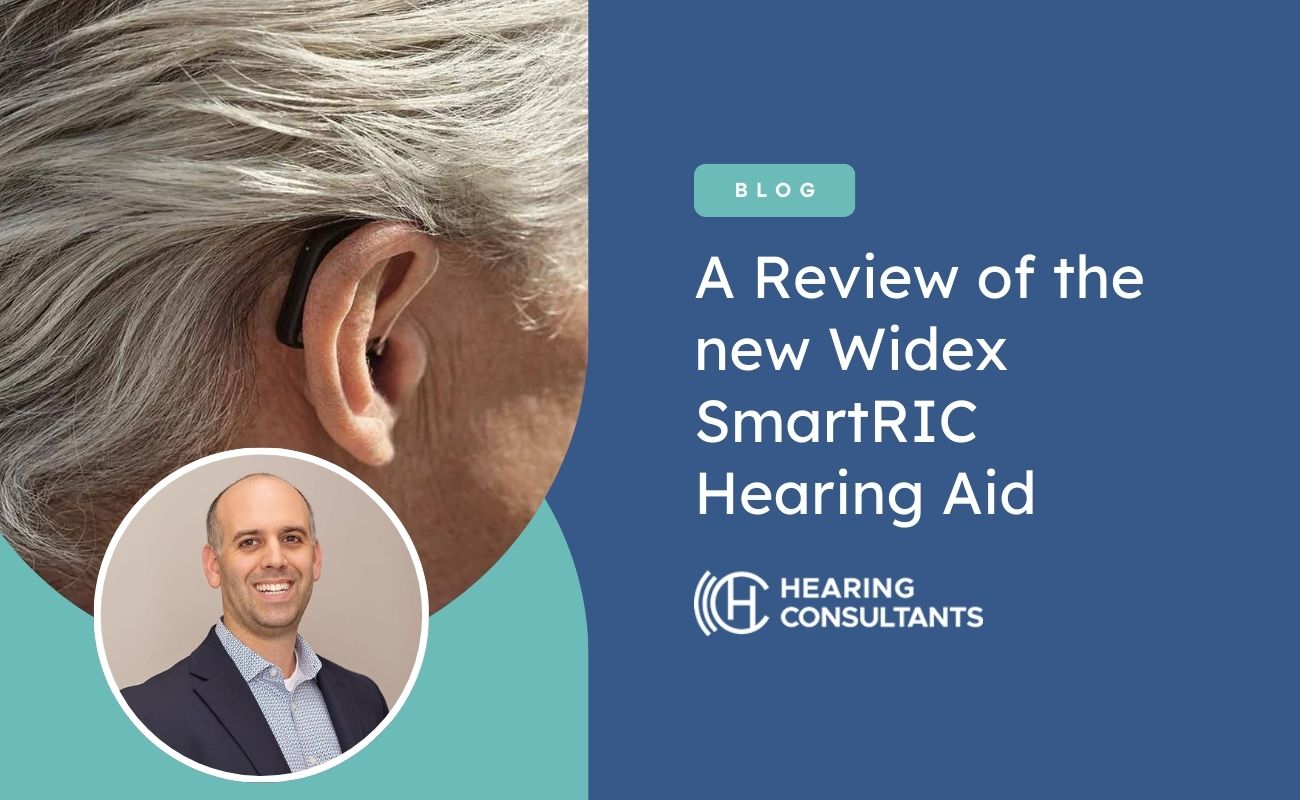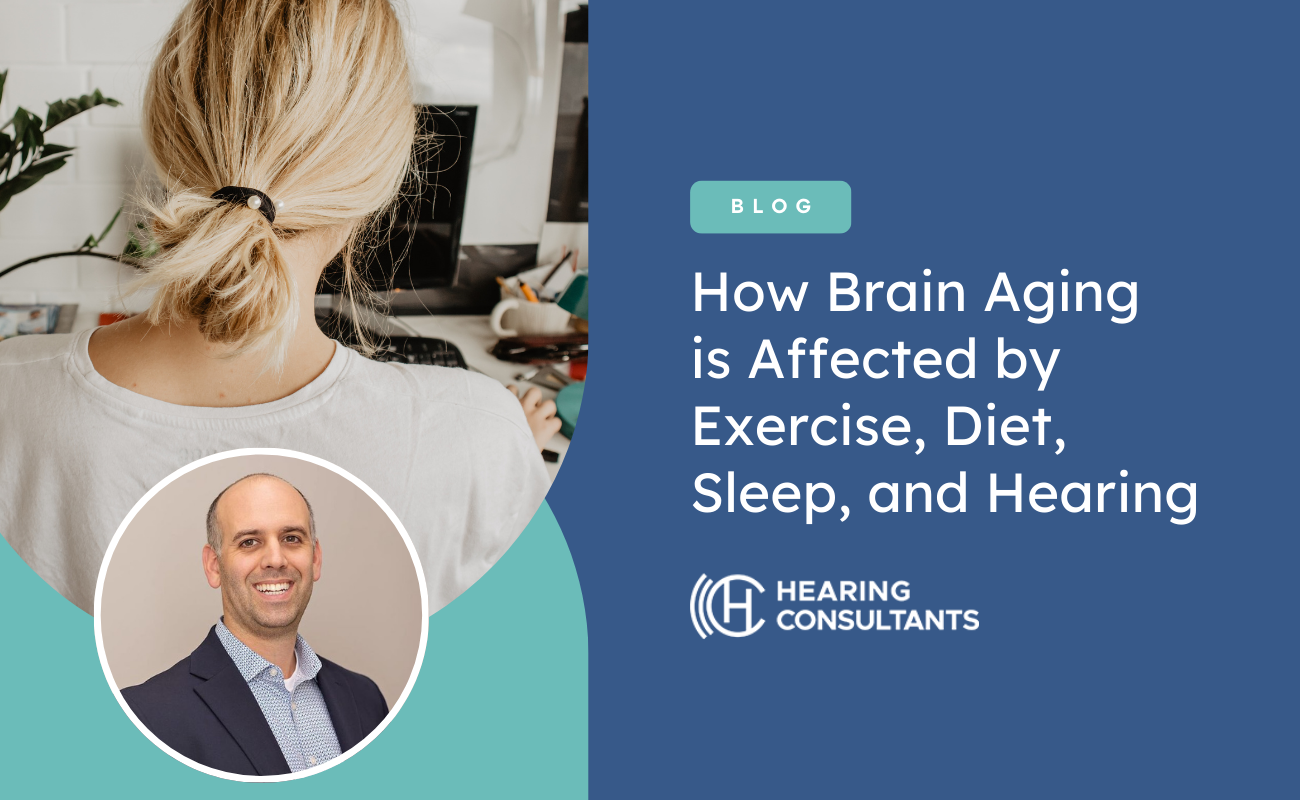Ear Infections & Hearing Loss
Anyone suffering from stuffiness and mucus can develop an ear infection. All it takes is a common cold to produce enough mucus to irritate the middle ear. The middle ear is the air-filled central cavity of the ear, behind the eardrum. Infections in this area can happen easily during or after upper respiratory infections that cause swelling in the back of the throat. This causes the tube that connects from a narrow passage leading from the pharynx to the cavity of the middle ear called the Eustachian tube to become lodged with mucus and phlegm, preventing proper drainage and creating an infection. Side effects of ear infections include loss of balance, pain, pressure and even temporary hearing loss.
Conductive hearing loss
An ear infection is classified as what is known as conductive hearing loss. Conductive hearing loss is caused anytime there is a problem passing sound waves anywhere along the pathway through the outer ear, eardrum, or middle ear. This is different than sensorineural hearing loss which is much more common and is related to irreparable damage to the nerves and tiny hair follicles of the inner ear responsible for transmitting sound signals to the brain. Some common causes of conductive hearing loss, besides ear infection include:
- A fluid buildup in the middle ear due to allergies.
- A problem with the drainage of the Eustachian tube
- An injury to an eardrum
- Tumors or growths blocking the ear canal
- An impaction of earwax in your ear canal
- A foreign object lodged in your ear.
Signs of a middle ear infection
Often the first sign that suggest you have a middle ear infection is pain in the ear along with excessive pressure from swelling. This is likely accompanied by a headache and discharge coming from your ear canal. Often it is changes in your hearing that are the earliest warning. Sounds may start to feel muffled and unclear like you are underwater. Because the middle ear is connected to your balance it may be a challenge to stand upright and you will most likely feel nauseous. Children under five years are more susceptible to ear infections than adults because the Eustachian tube in children is still developing so it is smaller and more horizontal than a mature Eustachian tube. This makes it more of a challenge for fluid to drain out of the ears of small children.
Treating middle ear infections
Often a doctor will recommend waiting for an ear infection to clear up on its own for 48 hours. Often with plenty of rest and consumption of hydrating fluids this is the case. In the meantime, doctors recommend to treat the pain with an anti-inflammatory drug to ease the buildup of pressure. Sometimes anesthetic drops are used to relieve pain if the eardrum is not torn or damaged.
Antibiotics: If your ear infection still persists after 48 hours physicians will recommend the use of antibiotics to clear up your ear infection. Antibiotics will often clear up the pain and symptoms of a middle ear infection in just a day or two. Even if symptoms have subsided, it is important to make sure to take the entire prescription of antibiotics to ensure that the infection goes away for good.
Ear Tubes: If you are finding that you are suffering from reoccurring middle ear infections there may be a problem with your Eustachian tube. Sometimes you will find that continuous fluid will buildup in the ear even after an infection has cleared up your doctor may suggest inserting a tube in the middle ear to help drain excessive fluid. This is an outpatient surgery called a myringotomy. A surgeon will make a tiny incision in the eardrum in which to suction out excessive fluid. A microscopic tube called a tympanostomy tube is inserted to aid in ventilate the middle ear to help ease reoccurring middle ear infections.
Treating Hearing Loss
Usually as your ear infection subsides you will find that your hearing will return to normal. If your hearing is still bothering you even after and ear infection has cleared up it is important that you make an appointment with an audiologist to explore the extent of your hearing issue. If a hearing loss cannot be resolved, hearing aids can help you compensate for the gaps in your hearing so you can communicate your clearest with the world around you.
Get in touch with
Hearing Consultants
Contact our clinic to schedule an appointment today!







